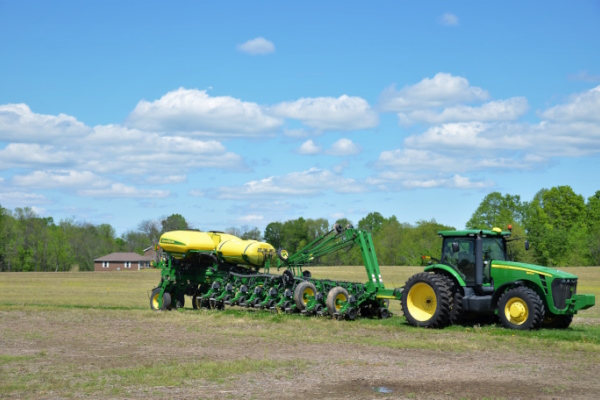Sponsored Content
Could you take SecuringIndustry.com forward to new heights?
After more than 15 years of publishing SecuringIndustry.com, its co-founders have decided to move on to other projects, and it is time to pass the brand and publication on to new owners who can take it forward editorially and commercially. If you would like more information about the opportunity, please contact us at info@securingindustry.com.
Sponsored Content
Could you take SecuringIndustry.com forward to new heights?
After more than 15 years of publishing SecuringIndustry.com, its co-founders have decided to move on to other projects, and it is time to pass the brand and publication on to new owners who can take it forward editorially and commercially. If you would like more information about the opportunity, please contact us at info@securingindustry.com.
Press Releases
-
》 LSPedia Awarded National DSCSA Compliance Agreement with Premier, Inc
-
》 Biocair looks to the future of drug development and distribution with a new process for risk mitigation in supply chains
-
》 Systech launches innovative exceptions handling and rework solution
-
》 Metrc announces new track-and-trace government contract with the Commonwealth of Kentucky
Partners





